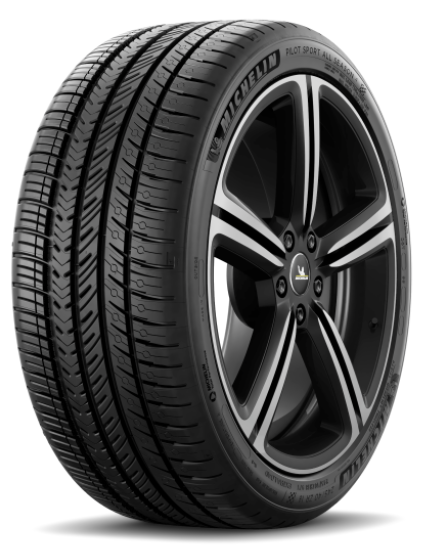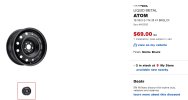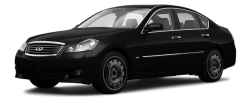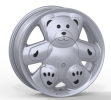My 2010 Infiniti M35x, (or Emmy as I call her), is in desperate need of some new rubber and with winter coming quick I'll need 'em. Last time I bought some truly cheap tires because I was just commuting on the highway for 150 miles a day or so and I didn't see the point in spending a lot.
I've regretted that decision for almost 5 years now.
Can't go crazy since Emmy is old and my wife thinks she'll die soon, (she won't, solid as a rock!), but she also knows the importance of decent shoes on a vehicle. After much, (2-3 hours), of searching and research the best I've been able to come up with are these Firestone Firehawk AS V2...which will appeal to my wife since she's a Costco fanatic.
They seem decent, any other suggestions or comments? It's been a while since I looked at tires, going for an all-season performance tire as it fits my car/driving style/climate best. Thanks in advance!
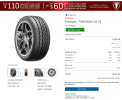
I've regretted that decision for almost 5 years now.
Can't go crazy since Emmy is old and my wife thinks she'll die soon, (she won't, solid as a rock!), but she also knows the importance of decent shoes on a vehicle. After much, (2-3 hours), of searching and research the best I've been able to come up with are these Firestone Firehawk AS V2...which will appeal to my wife since she's a Costco fanatic.
They seem decent, any other suggestions or comments? It's been a while since I looked at tires, going for an all-season performance tire as it fits my car/driving style/climate best. Thanks in advance!




